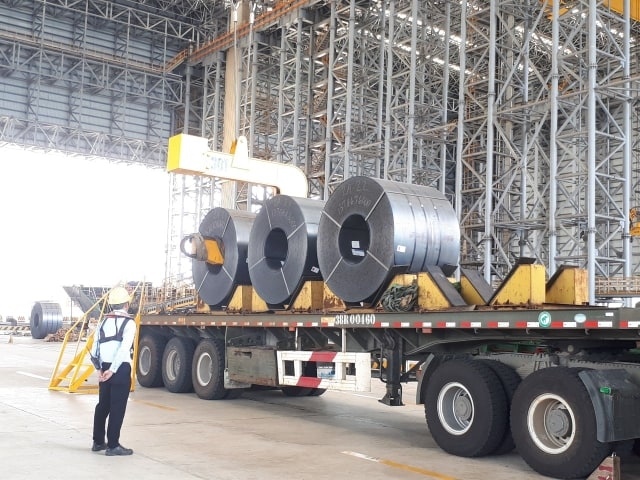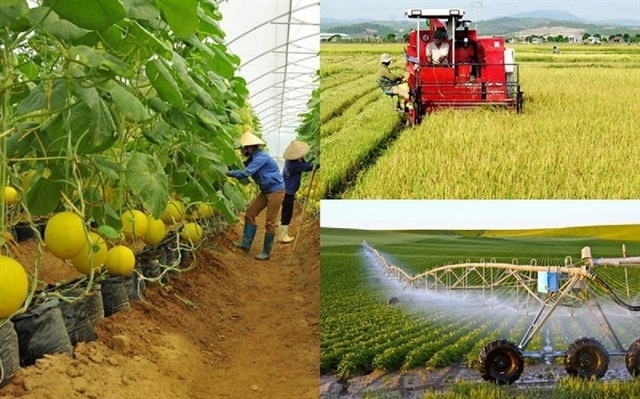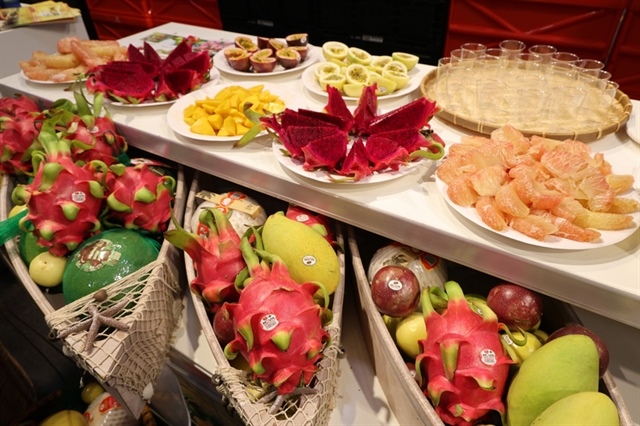Eastwood Energy to supply 300,000 tons of wood pellets to Japan annually
Eastwood Energy to supply 300,000 tons of wood pellets to Japan annually
Eastwood Energy has entered an agreement to supply a minimum of 300,000 tons of wood pellets annually to the Japanese market through a long-term contract with CellMark Group (Sweden).
Wood pellet - an environment-friendly product
The fast-growing global economy leads to an increase in energy demand. This poses a huge challenge for the energy industry when fossil energy resources like coal, oil and gas are increasingly depleted.
Additionally, greenhouse effect due to emissions from human activities is becoming more and more serious, which leads to negative climate change on the global scale. In response to the threat of climate change, the Kyoto Protocol (1997) on reducing emissions causing greenhouse effect, and most recently the Paris Agreement (2015) on climate change are positive moves from the global community on the way to reduce emissions to protect human living environment.
The situation has helped driving the investment in renewable energy. This is the time for biomass energy with an outstanding candidate – wood pellet – to lead the market. Having high heating efficiency and environment-friendly characteristics, wood pellets are used as fuels for thermal power plants (replacing coal, oil), and industrial and residential heating purposes.
At Eastwood Energy, wood pellets are made of biomass materials such as wood shavings, sawdust, and wood log from acacia, eucalyptus, and rubber trees, compressed into 6 – 8mm diameter pieces by modern production lines manufactured in Europe.
Biomass materials are compressed to become high-density wood pellets without using any additives. They can yield high heating calories with a more competitive price than other alternative fuels. At the same time, this is also an environment-friendly energy source, contributing to control emissions and responding to climate change. Furthermore, wood pellets are easy to be transported and stored. Its ash can be used as clean fertilizer.
Besides meeting technical requirements to be imported to Japan, Eastwood Energy’s wood pellets also comply with FSC – Forest Stewardship Council - or similar standards (certification for forest managers or those who produce products from forests meeting sustainable development criteria and be able to balance the environmental protection values and social benefits of related parties).
A great progress of Eastwood Energy
Founded in 2014 by a group of investors with extensive experiences in plastic bag production, rubber plantation, and banking industry for more than a decade, Eastwood Energy specializes in manufacturing and supplying wood pellets and wood chips for domestic and international clients including Korea and Japan.
Pham Trung Cang, Chairman of Eastwood Energy JSC, said: “We invest in modern facilities from well-known global brands. It is a complete production line with materials procured from sustainable and well-managed plantations and individual households”.
In 2018, the company's export volume reached over 400,000 tons of wood pellets. In 2019, the company expects to export more than 500,000 tons of wood pellets to the Korean and Japanese markets. The long-term contract of supplying wood pellets for Japan with CellMark is one of Eastwood Energy's significant milestones on its way to reach international market. With this long-term contract, Eastwood Energy can proactively arrange its supply chain, sign off-take agreements with raw material suppliers, there by creating jobs and stable income for families and suppliers.
Assessing the potential of wood pellets, Craig Jackson, Vice President of Pulp - Energy division of CellMark Group, said that the global demand for wood pellets is increasing. Particularly in Asia, South Korea is currently the largest market consuming this product. However, it is forecasted that by 2023, Japan will surpass Korea, and this number will be doubled by 2028.




















